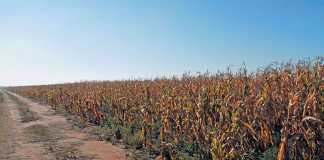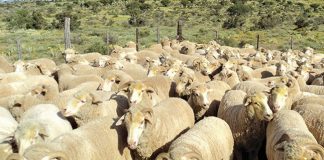DAFF has made R990 million available over the Medium Term Expenditure Framework (MTEF) period until 2014/2015 as part of the flood assistance scheme. Tina Joemat-Pettersson, minister of Agriculture, Forestry and Fisheries, said that DAFF has begun the process of implementing the flood assistance scheme, with emphasis on infrastructure repairs.
Agri SA told Farmer’s Weekly that the creation of the scheme is in line with its request to DAFF and that it supports the initiative. However, the silence on flood relief for previous years is cause for concern. “This money does nothing for flood victims who are still struggling to repair infrastructure after the floods in 2008 and 2010/2011. Many farmers are still waiting for their money. What happened to the millions that was budgeted for last year?” asked Johannes Möller, president of Agri SA.
With regards to the spate of animal disease outbreaks in the last year, the minister said that DAFF would have to improve on its capacity to deal with such disasters as they impact adversely on the rural economy. Outbreaks over the last year include Rift Valley fever, Newcastle disease, avian influenza, foot-and-mouth disease, African horse sickness and African swine fever.
DAFF has allocated R954 million for plant and animal production, including inspection and laboratory services.
A further R935 million is being given for agricultural research. Amidst various reports of ineffective vaccines, Dr Pieter Mulder, deputy agriculture minister, admitted that Onderstepoort Biological Products vaccines are a critical issue. “Profits are being invested in new product development and replacing critical equipment to maintain manufacturing capacity over the short term.”
He added that over the MTEF, the Agricultural Research Council will also be increasing its efforts towards improving animal health.
Möller commented that the outbreak of animal diseases have a tremendous negative impact on the overall economy of the country and thus the proposed expansion of capacity within the department regarding the management of these types of outbreaks is a step in the right direction. But the African Farmers’ Association of SA (AFASA) was more concerned with DAFF’s ability to implement proposed plans.
“We are concerned that the reported leadership challenges facing the department could have an adverse effect on the successful implementation of the innovative plans and programmes announced by the minister,” said Mike Mlengana, president of AFASA.












